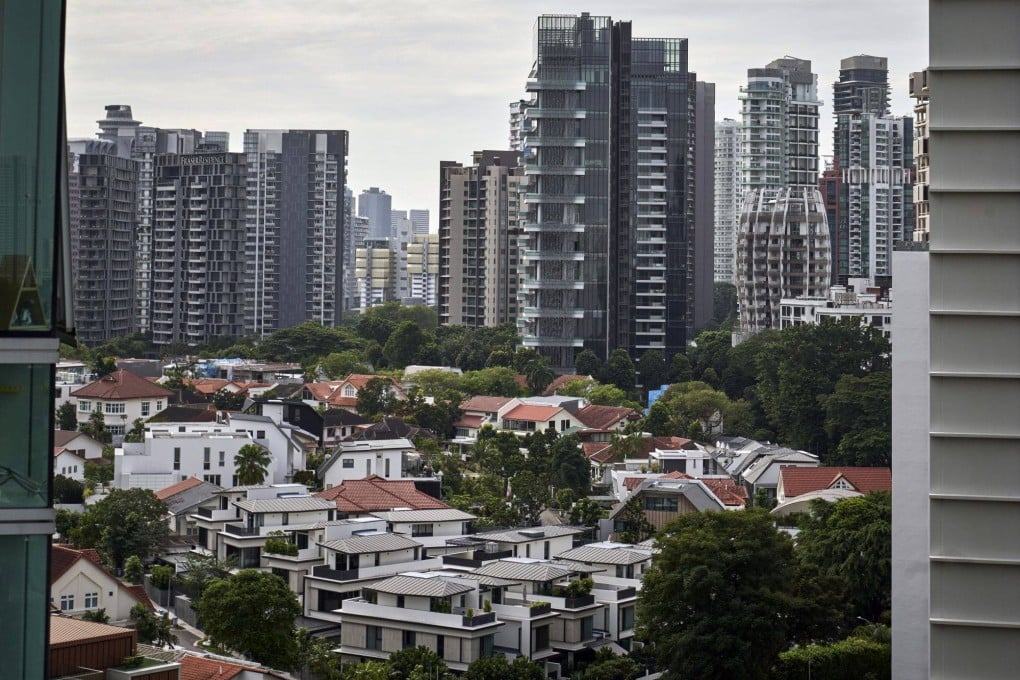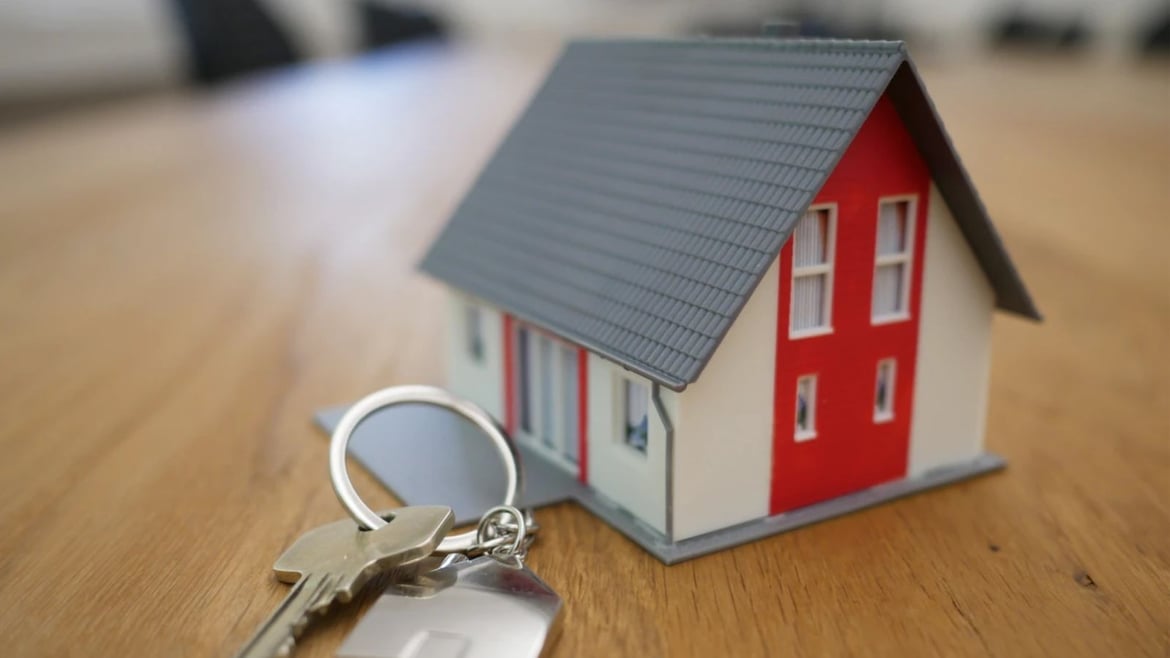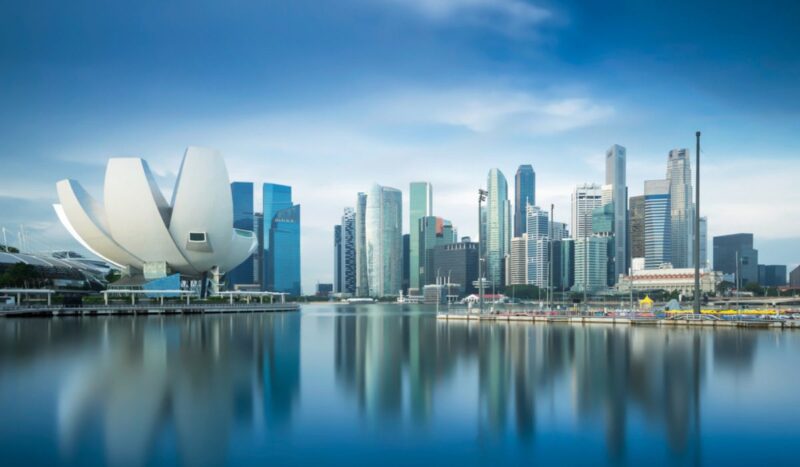Navigating the property market in Singapore can be both exhilarating and daunting, especially for foreign investors eager to make their mark in this vibrant city-state. With its strategic location, robust economy, and a reputation for being a global financial hub, Singapore presents a plethora of opportunities.
Yet, the question on every prospective buyer’s mind looms large: how long does it take to buy property here? From understanding local regulations and financing options to engaging in the intricate process of buyers’ due diligence, the timeline can vary significantly. As we delve into this multifaceted topic, we’ll unravel the key factors influencing the duration of property purchases, shedding light on the unique challenges and rewarding experiences that await foreign investors in Singapore’s dynamic real estate landscape.
Understanding the Singapore Property Market

Understanding the property market requires an appreciation of its unique dynamics and regulatory landscape. With its robust economy and strategic location, Singapore has become a global hub attracting foreign investors eager to enter its real estate market.
However, this vibrant market is characterized by a mixture of high demand and stringent policies that can perplex even seasoned buyers. From public housing regulations to cooling measures aimed at stabilizing prices, the complexities can be daunting.
Moreover, navigating the various property types—be it condominiums, landed properties, or commercial spaces—adds another layer of intricacy. Developments like Upperhouse exemplify the kind of high-quality investment opportunities that continue to draw attention, offering a blend of luxury, location, and long-term value. Yet, the rewards can be significant: properties often appreciate, bolstered by Singapore’s reputation as a safe and stable investment destination.
Therefore, understanding these factors is essential for foreign investors looking to make informed decisions within this multifaceted market.
Key Regulations for Foreign Property Buyers

When considering the purchase of property in Singapore as a foreign investor, it’s essential to navigate a series of regulations designed to manage and control foreign ownership. Foremost among these is the requirement for approval from the Singapore Land Authority (SLA) for certain types of properties; typically, foreigners are limited to purchasing condominiums and need a green light for landed properties, which necessitates meeting specific criteria.
Additionally, buyers must contend with the Additional Buyers Stamp Duty (ABSD), which imposes a considerable tax on foreign purchasers—currently, this stands at 20% of the property price. Beyond taxes and permissions, understanding the nuances of property types is critical; not all residential properties are available to foreign investors, and even within high-rise developments, some units may carry restrictions.
This regulatory framework demands careful consideration and due diligence, making it imperative for potential buyers to seek local expertise to navigate these complexities effectively.
The Step-by-Step Process of Buying Property in Singapore

Buying property in Singapore involves a meticulous yet accessible process, particularly for foreign investors eager to navigate this vibrant market. First, prospective buyers should conduct in-depth research, examining the different property types available—from luxurious condominiums to charming landed homes.
Once a suitable property is identified, securing financing is next; foreign investors often need to liaise with banks for loans, which may come with specific requirements. Following this, it’s essential to engage a reliable property agent who can facilitate viewings and provide insights on pricing and potential appreciation.
After settling on a choice, the buyer must make an offer, which can entail negotiating terms and ensuring all due diligence is performed. If the offer is accepted, the buyer moves on to signing the Sales and Purchase Agreement (SPA) and paying a deposit, typically 1% to 4%. As legal aspects are crucial, hiring a qualified lawyer to oversee the process is highly recommended.
Finally, upon completion, the buyer will make the final payment and officially transfer ownership, marking the culmination of a journey that can span several months but ultimately leads to a rewarding investment in one of Asia’s most dynamic cities.
Conclusion
In conclusion, the journey of purchasing property in Singapore as a foreign investor can vary significantly in duration depending on various factors, including the type of property, legal processes, and investor preparedness. While the process may seem daunting, understanding the local real estate market and regulations is key to navigating it smoothly.
Establishing a clear plan and seeking assistance from reputable developers or agencies, such as Upperhouse, can significantly streamline the experience. Ultimately, with comprehensive knowledge and the right resources, foreign investors can complete their property transactions in Singapore, paving the way for fruitful investments in this dynamic market.


